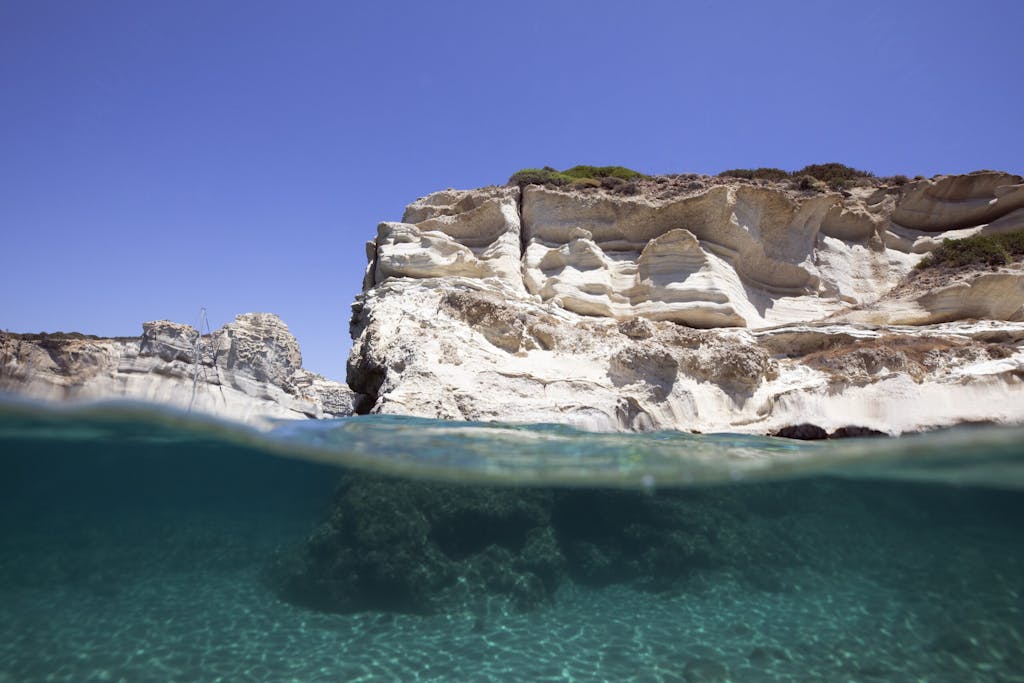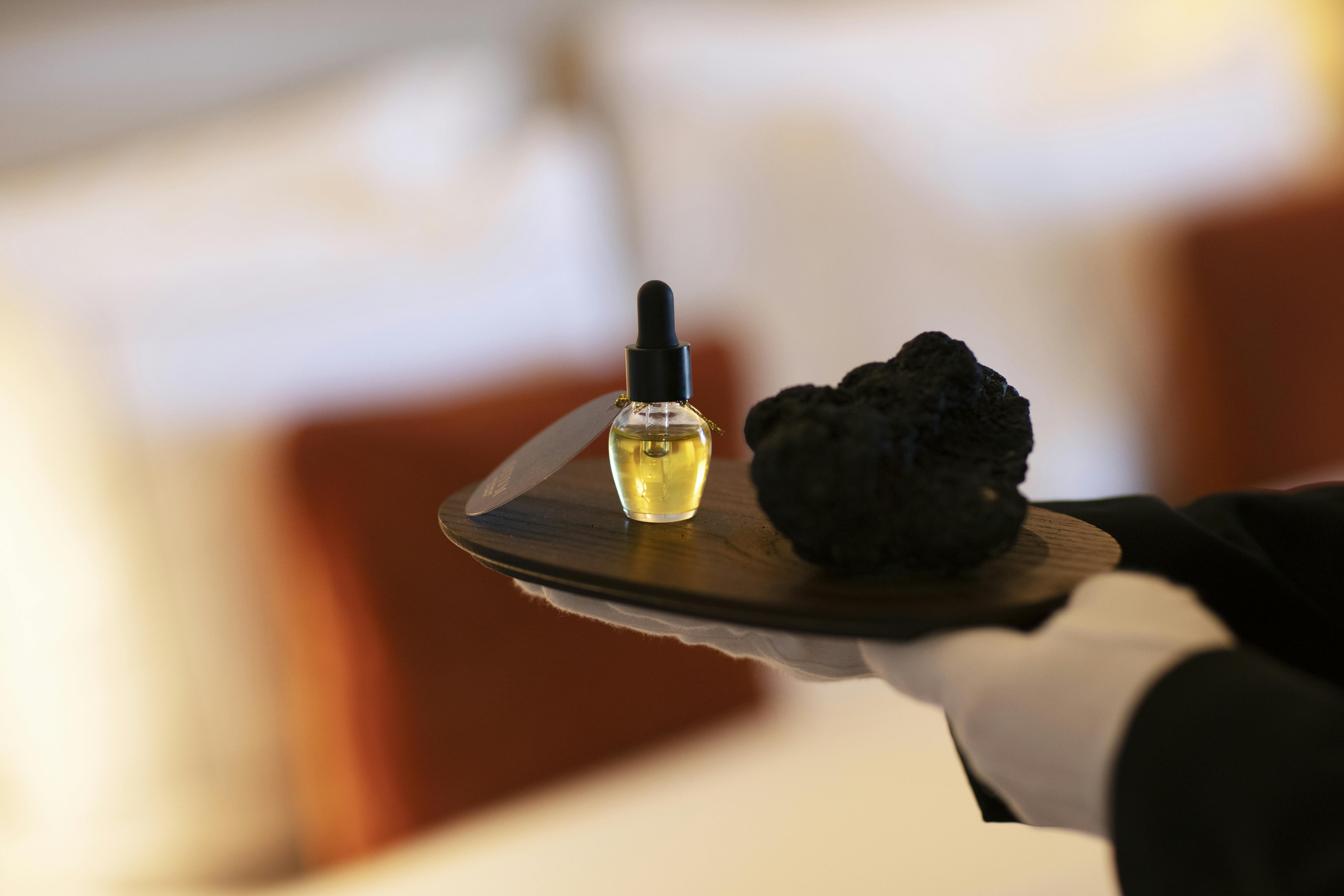Taking a Cruise May Be Your Best Route to Feeling Rested and Refreshed
It’s the last day of your cruise and you feel different — changed in a way that only travel can achieve. New places, new faces, new spaces are a journey’s lasting gift to you. You feel refreshed.
Your internal stress-o-meter probably has dropped a few notches. After all, you haven’t had to plan a meal or any activity. Not once has your spouse engaged in such witty repartee as: “I’m the driver. You’re the navigator, and you clearly were absent the day map reading was taught in school, which is why we are lost.” Perhaps best of all, your phone is not lighting up with every news flash from your “neighborhood” app. (You did remember to disable it before leaving home, didn’t you?)
Whether it’s the introduction to the new and the different, or just the absence of the quotidian concerns that demand one’s undivided attention right now, being away brings a sense of relief, and the magic of transformative travel. “You’re taking time away from the demands and expectations, stressors strains and routines,” says Michele Nealon, the president of the Chicago School of Professional Psychology and a practicing psychologist. “You’re literally calling yourself out and saying, ‘I’m taking a break.'”
The beauty of blue

All of that is the benefit of a cruise vacation, but cruises deliver other life-enhancing benefits that are coming to the fore — thanks, in part, to the pandemic.
As our collective fuse seemingly became shorter in the COVID-plagued world, many of us found an antidote in nature, beyond the four walls of our home or home office. Suddenly, trails, paths, sidewalks and streets were crowded with hikers, runners, bikers and walkers. Even quieter activities took wing in 2020: Watching wildlife increased by 64 percent and gardening grew 57 percent, according to a University of Vermont study.
Being outdoors improves our mood, according to “Nurtured by Nature,” an American Psychological Association article from April 2020, which explored the benefits of the natural world.
Lying in a deck chair as you inhale a bouquet of sea air or imprint on your brain the sound of waves slapping the hull may seeem slothful, but it’s really more like a hug for your head and heart.
Catharine hamm
Now, scientists have begun to parse the idea of nature into “green” and “blue,” and that’s where cruises come in. Green spaces — those lovely encounters in environments that contain trees, flowers, plants, rolling hills — create “green mind.” Water, on the other hand, puts us into the blue state of mind — energizing and revitalizing, whether you gaze at it or engage with it. No matter the color, both states of mind are beneficial, although blue-mind proponents say (as you might expect) that it has the edge over the green.
“Water provides the most profound shortcut to happiness,” Wallace J. Nichols writes in his book Blue Mind. “It is medicine for those who need it most … and everyone else.”
This emotional connection to water, he writes, means that “we love being in, on, under, around, or near [water]. We plan our vacations to spend time with water and dream of the next chance we can get to jump on a surfboard or into a boat, visit a beach or a lakeside or urban pool, or even slip into a bath or hot tub at the end of a long day.”
Lying in a deck chair as you inhale the bouquet of sea air or listen to waves slapping the hull may seem slothful, but it’s really more like a hug for your head and your heart, leaving your spirit refreshed.
To sleep, perchance to dream

Joking aside, there’s a second aspect of cruising that may contribute to your feeling of well-being: better sleep. If you’ve been worried and anxious about (fill in the blank), that plays havoc with your sleep. Getting older may mean that your quality of sleep has declined. Whatever the case, about a third of U.S. adults don’t get enough sleep, according to the Centers for Disease Control and Prevention. “Getting enough sleep is not a luxury,” says the CDC’s website. “It is something people need for good health. Sleep disorders can … increase a person’s risk of health problems.”
Here’s the good news, however: When it comes to sleep issues, a cruise just may be a rock star.
Whether the person with a sleep issue is you, your child or your significant other, the paths to good sleep share similarities, writes neurologist and sleep specialist Dr. Chris Winter in his books The Sleep Solution and The Rested Child.
A schedule is key — not always easy when you’re on a trip — but important for consistency. Sleeping medications may be OK occasionally, but the key word is “occasionally.” And know that everybody sleeps, although people think they don’t. You may not like the quality of your sleep, but staying awake for days on end is almost physically impossible, Winter says.
Granted, on a trip, you’re in a strange environment. Is that a recipe for tossing and turning? Not necessarily, Winter writes. For instance, if you have trouble sleeping at home and you associate your bedroom with dysfunctional slumber, a change of venue may help.
Something else that might help you sleep: The swaying of the ship. “Rocking is a universal behavior,” Nealon says. Babies respond to a gentle motion, but so do adults. “When you are engaged in a calming and gentle movement or rocking, the parasympathetic nervous system is activated,” she says. “That results not only in a sense of calm and relaxation, but also the release of endorphins, which help us feel good.”.
On land, you’d pay big money for a rocking bed, a relatively new innovation that mimics the gentle motion of your cradle days. At sea, there’s no charge — another perk of this all-inclusive vacation.
Sweet dreams.
Ready to experience some transformative travel — and serious relaxation — on a cruise? Start by exploring the different ways you can feel refreshed on a Silversea cruise. Check out the options for Silversea’s spa services and learn more about Otium, Silversea’s wellness program.
